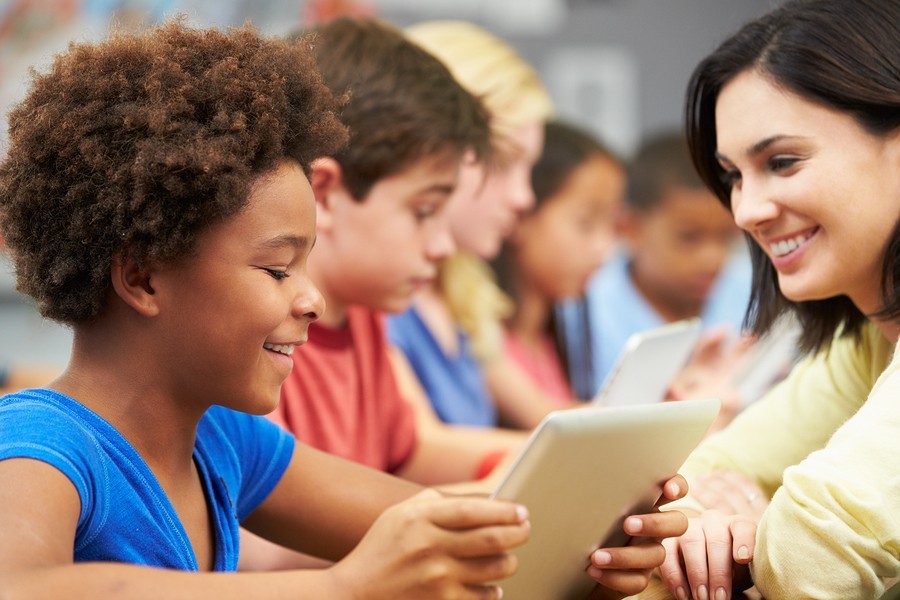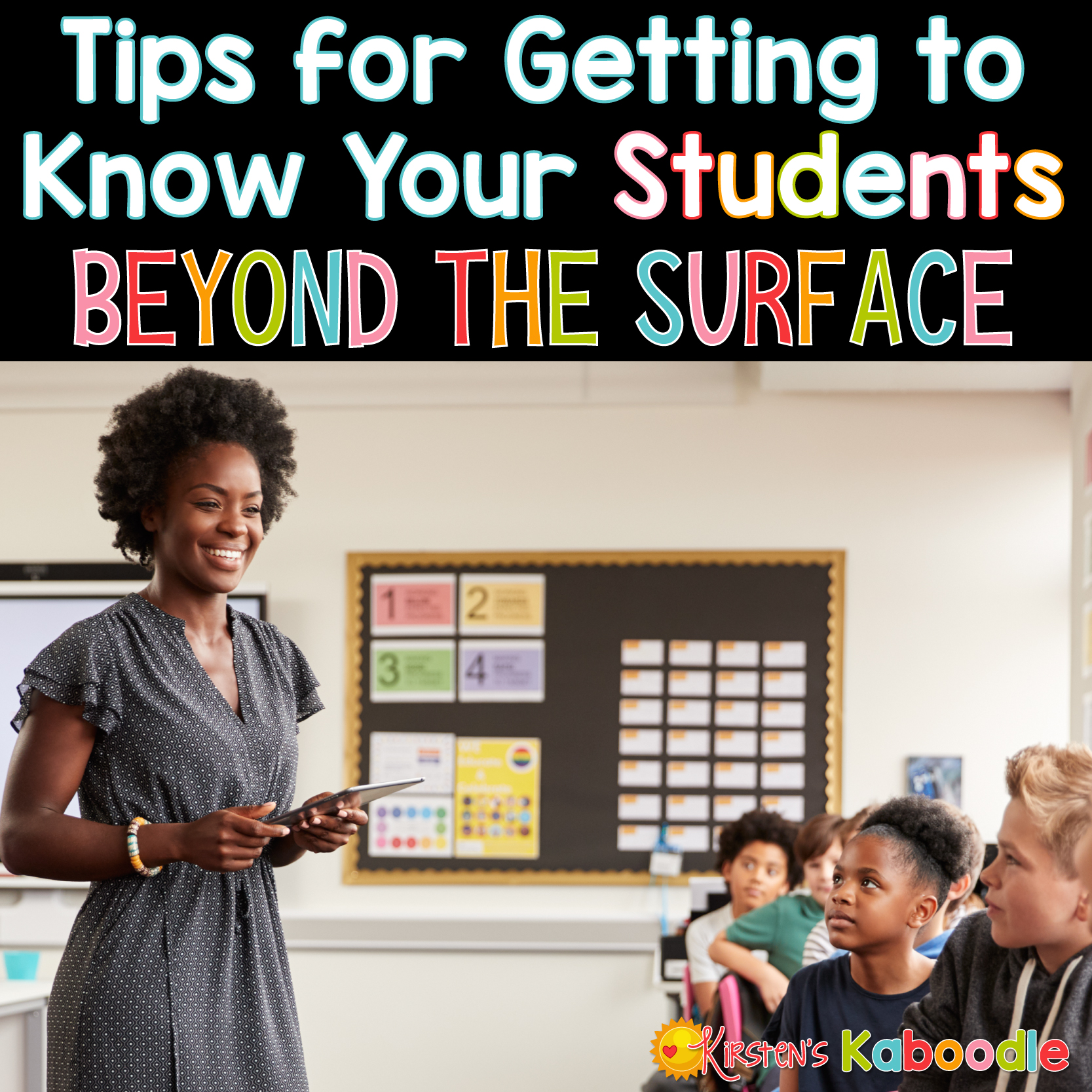As a teacher it is very important we do everything we can to make right by every child. The question is how? It is important that we make every child in our classroom feel seen and heard. The way we respond to children and their needs is very important. It is how we can truly create a genuine relationship with our students. Like the module points out teachers need to humble themselves to truly do their students justice. As a future educator this is something I most definitely want to keep in mind. Christopher Emdin in his Ted Talk Reality Pedagogy explains that are view of what teaching is does not show the true picture of the complexity of our students or like he said "youth we are trying to save". This really changed my mindset of how we as teachers should view our students. It also made me realise that we as teachers need to be willing to truly understand our students so we can do right by them. This means deconstructing many of the ideas we already have about our students. He goes on to explain we are too busy often putting the guilt we feel on our students. It is important that we go the extra mile to make sure we do not do this. We instead should like Christopher said we understand our students. He explained to do right by every child we need to understand what equity is. He explains that equity is when we as teachers listen to our students and are able to gage an understanding of what they as an individual need. Rather than equity being teaching all student and giving them equal treatment. Doing right by every child goes beyond that. In the article "3 tips to make any lesson more culturally responsive" explains that we as teachers should be emulating students "cultural learning styles and tools". To do right by every child I will make sure to do this. It shows that you truly value accommodating your students and their cultural backgrounds.




